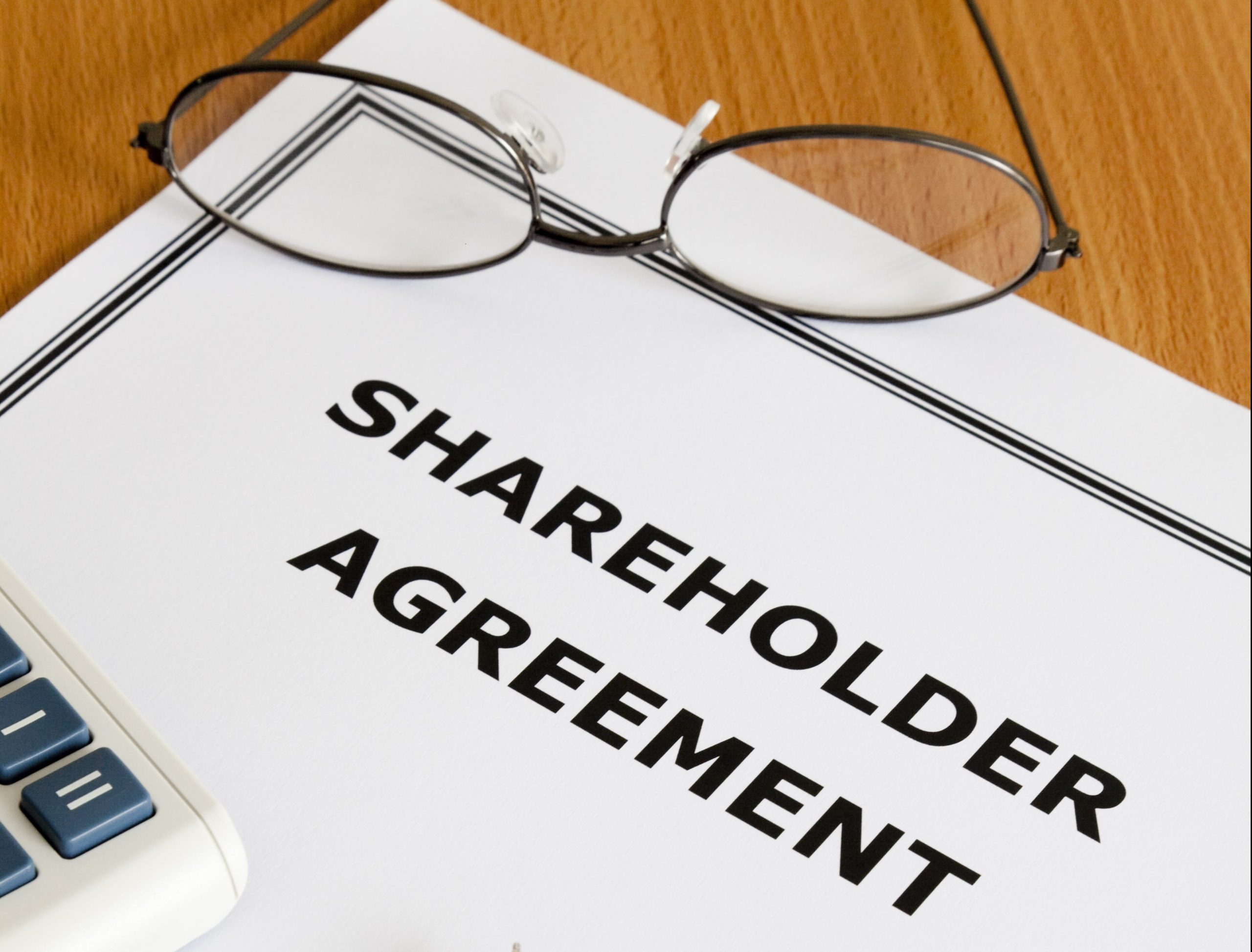In Nigeria, the role of a board director is critical to the success and sustainability of any organization. Board directors are individuals elected or appointed to oversee the affairs of a company and ensure that it operates in the best interest of its shareholders. These responsibilities are not only crucial for the company’s growth but also mandated by the Companies and Allied Matters Act (CAMA) and other regulatory frameworks in Nigeria.
This post breaks down the key responsibilities of board directors in Nigerian companies in a straightforward and relatable manner.
- Strategic Direction and Leadership
Board directors are responsible for setting the strategic direction of the company. This involves:
- Defining the company’s vision, mission, and long-term goals.
- Evaluating business opportunities and threats to guide the company’s growth.
- Collaborating with executive management to create actionable strategies.
In simple terms, they act as the “compass” that ensures the company stays on track to achieve its objectives. Without proper leadership and guidance, the company could lose focus or face financial difficulties.
- Corporate Governance
Good governance is at the heart of every successful organization. Board directors must:
- Ensure that the company complies with Nigerian laws, regulations, and ethical standards.
- Implement policies that promote by transparency and accountability.
- Maintain checks and balances to prevent fraud, corruption, or abuse of power within the organization.
For example, in Nigerian banks, the Central Bank of Nigeria (CBN) requires board directors to enforce strict governance rules to maintain public trust and financial stability.
- Fiduciary Duties
The term “fiduciary” may sound complicated, but it simply means acting in the best interests of the company and its shareholders. A board director’s fiduciary duties include:
- Acting with loyalty, care, and good faith.
- Avoiding conflicts of interest and disclosing any potential personal gains that may affect their decisions.
- Protecting the company’s assets and ensuring that they are used efficiently.
For example, if a director has shares in a competitor company, they must disclose this to avoid biased decisions.
- Risk Management
Every business faces risks, whether financial, operational, or reputational. Board directors are tasked with identifying and managing these risks. Their responsibilities include:
- Evaluating potential risks that could impact the company’s performance.
- Ensuring the implementation of measures to minimize or mitigate these risks.
- Reviewing risk management policies regularly to adapt to changing business environments.
In Nigeria’s volatile economic climate, this responsibility is particularly important to safeguard companies from unexpected downturns.
- Financial Oversight
One of the most critical responsibilities of a board director is overseeing the company’s finances. This includes:
- Reviewing financial statements, budgets, and reports to ensure accuracy.
- Approving major financial decisions, such as investments, loans, or acquisitions.
- Monitoring the company’s financial health and ensuring solvency.
For instance, Nigerian companies listed on the Nigerian Stock Exchange (NGX) are required to disclose their financial performance quarterly, and directors must ensure the information is accurate and timely.
- Appointment and Evaluation of Executive Management
Board directors are responsible for hiring and assessing the performance of key executives, such as the CEO and other senior management. Their duties include:
- Recruiting qualified individuals to lead the company.
- Setting performance metrics and evaluating leadership effectiveness.
- Making tough decisions, such as replacing underperforming executives, when necessary.
Think of board directors as “talent scouts” and “coaches” who ensure the company’s leadership team is strong and capable of achieving its goals.
- Stakeholder Engagement
Board directors serve as a bridge between the company and its stakeholders, which include shareholders, employees, customers, and regulators. They must:
- Communicate the company’s progress and challenges effectively to shareholders.
- Address stakeholder concerns and foster positive relationships.
- Represent the company in public forums and regulatory matters when required.
For example, directors may need to explain the company’s performance at an annual general meeting (AGM) to reassure investors of their commitment to growth.
- Corporate Social Responsibility (CSR)
In today’s world, companies are expected to contribute to society beyond just making profits. Nigerian board directors must ensure their companies:
- Undertake initiatives that benefit the community, such as educational programs, health campaigns, or environmental sustainability.
- Balance profit-making with social impact to build a positive reputation.
For instance, many Nigerian companies, especially in the oil and gas sector, invest in CSR projects to support the communities where they operate.
FINAL THOUGHT
Being a board director in a Nigerian company is no small task. It requires a combination of leadership, financial acumen, ethical judgment, and strategic foresight. Directors must not only comply with legal requirements but also act in the best interests of the company and its stakeholders.
Ultimately, a well-functioning board of directors is the backbone of any successful company, ensuring growth, stability, and accountability in an ever-changing business environment.
If you’re aspiring to become a board director or are already serving in this capacity, remember that your role goes beyond attending meetings—it’s about making impactful decisions that shape the future of the organization.








